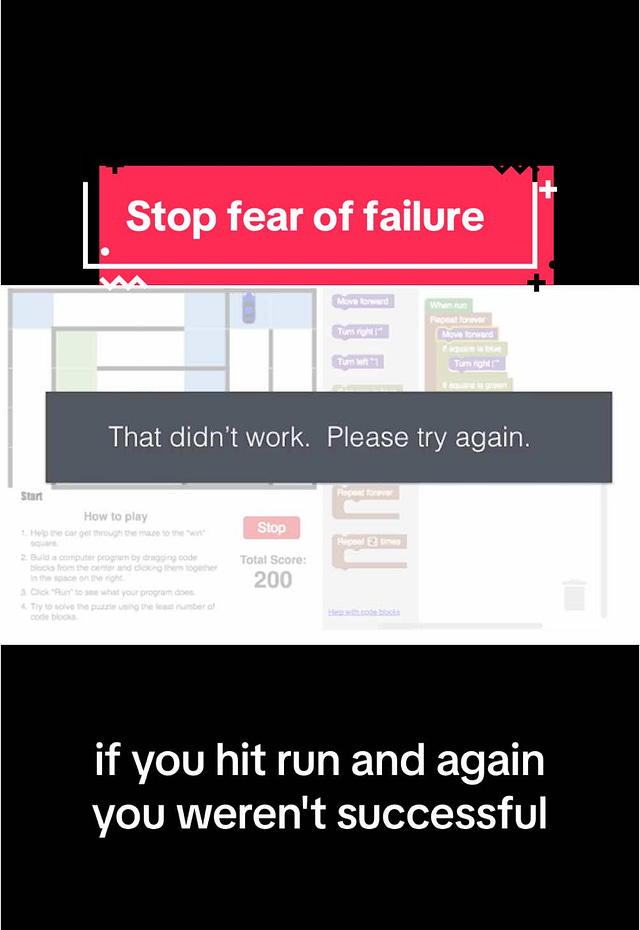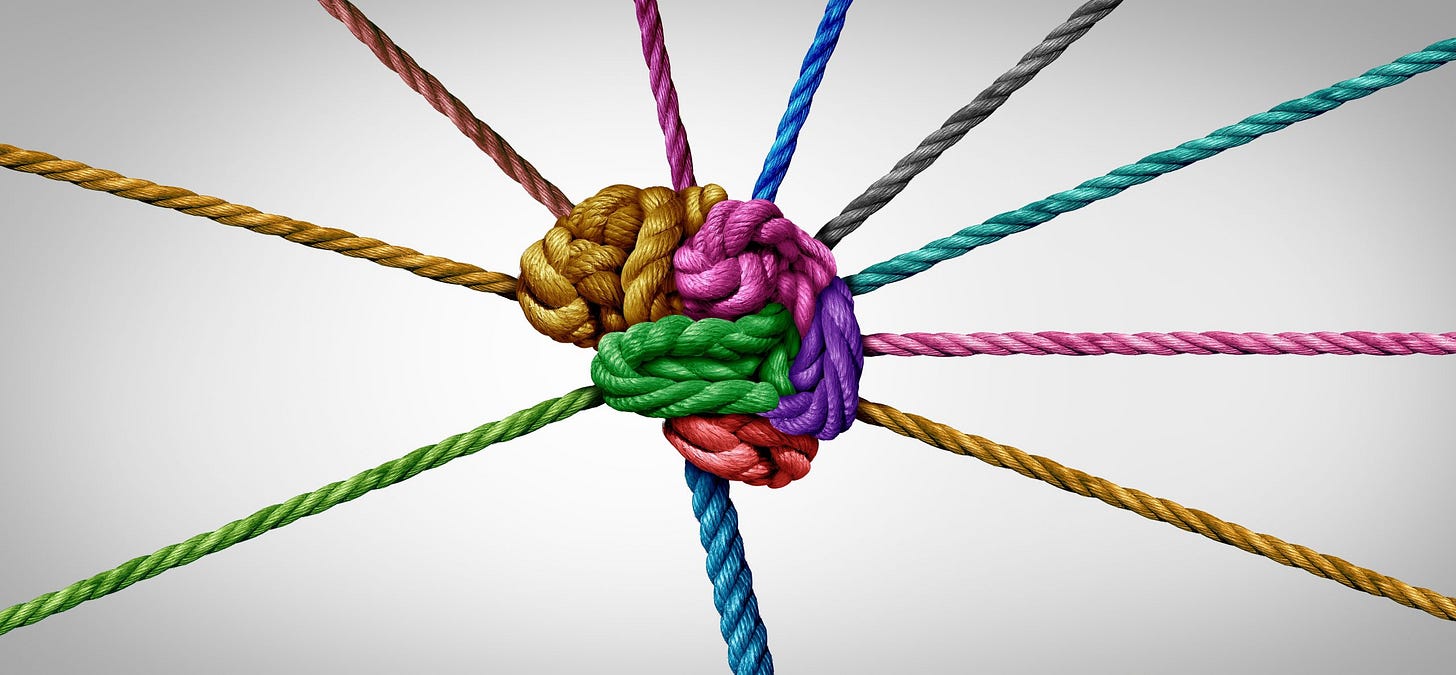🧠 #BrainFood 10.15.24
WARNING: Elon, who I’m not a huge fan of personally, has been KILLING it lately. Last week he revealed Tesla’s vision for Robots & Robo-taxis, then earlier this week SpaceX caught a damn rocket with a chopstick like contraption. Both of these events are… going to change humanity. So, I’ll skip over those stories for now, but I’ll do a deep dive and share my thoughts with y’all on Friday. If I have time 😬
This super fascinating study on what happens when you remove the fear of failure. SPOILER ALERT: You succeed more.
 Tiktok failed to load.
Tiktok failed to load.Enable 3rd party cookies or use another browser
Despite medical advances, life expectancy gains are slowing
✨Despite ongoing medical advancements, new research suggests that human life expectancy gains are slowing down and may be approaching a biological limit. According to a study published in Nature Aging, life expectancy in the world's longest-living populations has increased by only about six and a half years since 1990, indicating that we may be nearing a ceiling for human longevity.
5 Extraordinary Cities To Add To Your Bucket List
01. Kyoto, Japan
02. Athens, Greece
03. Antwerp, Belgium
04. Cuenca, Ecuador
05. Biarritz, France
Why people who are wrong think they're right
The article explores the psychological phenomenon known as the "Dunning-Kruger effect," which describes how individuals with low ability or knowledge in a specific area often overestimate their competence. This cognitive bias leads them to believe they are more knowledgeable than they actually are, causing a disconnect between their self-perception and reality. The article emphasizes that this effect is prevalent across various domains, including politics, science, and everyday decision-making.
What factors contribute to the Dunning-Kruger effect?
Several factors contribute to the Dunning-Kruger effect, including:
Lack of self-awareness: Individuals may not recognize their own limitations.
Cognitive biases: These biases distort thinking and reinforce incorrect beliefs.
Social feedback: People often seek validation from like-minded individuals, further entrenching their misconceptions.
The article also notes that higher competence can lead to greater self-doubt, contrasting with those who are less skilled but more confident.
How can individuals combat the Dunning-Kruger effect in themselves and others?
To mitigate the Dunning-Kruger effect, the article suggests:
Encouraging critical thinking: Promoting a culture of questioning and skepticism can help individuals reassess their beliefs.
Seeking diverse perspectives: Engaging with differing viewpoints can challenge one’s assumptions and broaden understanding.
Emphasizing humility: Acknowledging one’s limitations fosters a more realistic self-assessment.
By adopting these strategies, individuals can better align their self-perception with their actual knowledge and abilities.
Casio made a furry robot designed to cuddle and calm you down
First the robots are cute and snuggly, but then…








